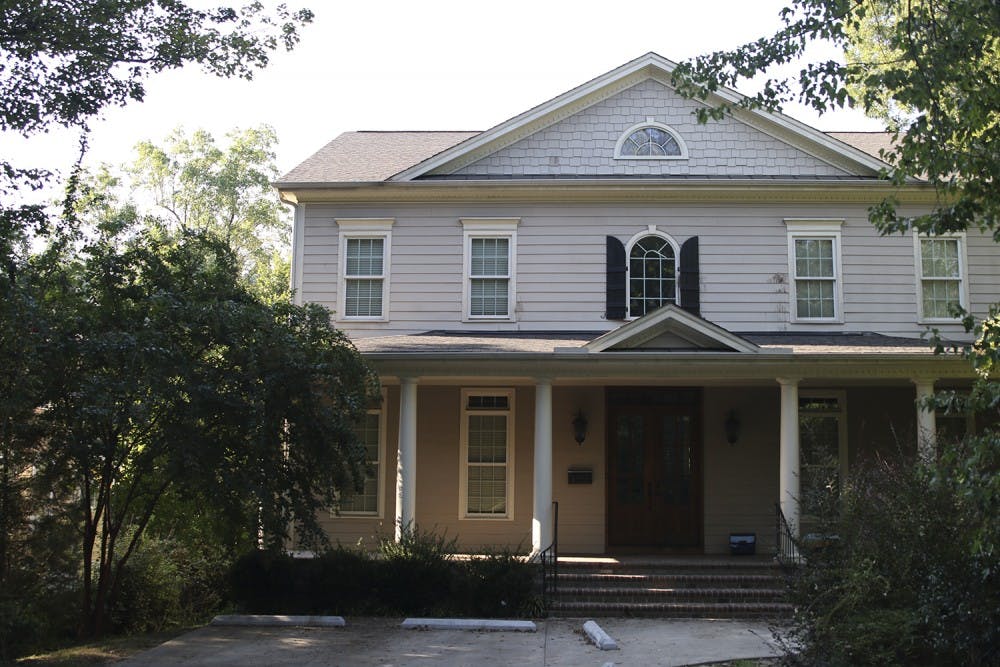The board often penalizes fraternities by putting them on social probation — but fraternities are still allowed to hold major social events during the probation period.
The IFC investigates violations of its own guidelines, and its Greek Judicial Board sanctions the 24 chapters of the IFC. The board sometimes rules alone and sometimes in conjunction with the fraternities’ national organizations or with the UNC Honor Court.
Because of recent revisions to UNC’s alcohol policy, the University will now rule in conjunction with the IFC on cases related to alcohol, Dean of Students Jonathan Sauls said.
“It may feel like we are now engaged in an area where, historically, we might not have always been as active, and that may be true, but that has no bearing on taking away jurisdiction as IFC,” Sauls said.
“They have the same authority they had before this policy was passed, and we hope they’ll continue to exercise it.”w
In a 2015 case involving Delta Kappa Epsilon, the Greek Judicial Board found that potential new members had been in possession of alcohol at a recruitment function that was supposed to be dry, according to the Greek Judicial Board’s hearing outcome report.
The board imposed two sanctions on the fraternity, according to the report. Members were required to perform community service and to serve a two-week social probation.
“During the period of social suspension, Delta Kappa Epsilon will be allowed to have a Parent’s Weekend tailgate and date function as well as a Spring Formal,” the report said. “This is the IFC’s typical approach to social suspension, as those two weekends are viewed as the largest events on a fraternity’s social calendar.”




